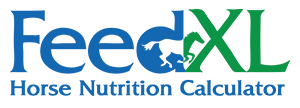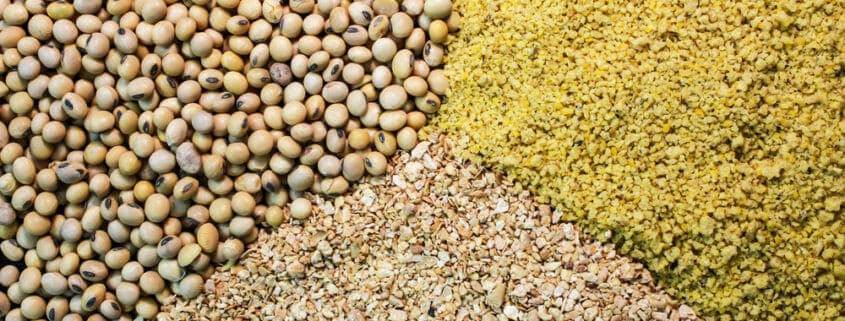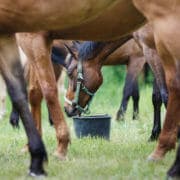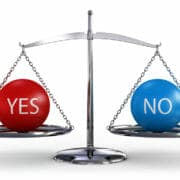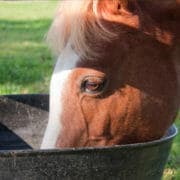Grain Free Horse Feed: What Does it Actually Mean?
It can be a bit confusing to get to the bottom of what grain free horse feed really means, especially when you see it printed on a feed bag derived mostly from grain products. In this post we’re unravelling the technical classification of ‘grain free’, and helping you find a suitable feed, even if your horse is grain-intolerant.
How we classify ‘grain free’ in FeedXL
Here at FeedXL we classify feeds in our database as being either ‘grain-free’ or ‘contains grain’, so that if one of our members clicks that their horse is ‘grain intolerant’ they will see the feeds and supplements available to them listed either in black (meaning it is grain free) or ‘red’ (meaning it contains grain).
Occasionally though we are questioned about certain feeds that we have classified as ‘contains grain’ and are sometimes told we have them classified incorrectly because the feed only contains a grain by-product like wheat midds (or bran, pollard, broll, millmix, millrun… many names for similar ingredients).
So does containing a grain by-product mean the feed should be classified as ‘grain-free’ or as ‘contains grain’?
Our position on ‘grain free’ horse feeds
There are companies who make feeds that are almost 100% wheat midds or rice bran and splashed all over the packaging it says grain free! Technically they aren’t but they are classified like this because they only contain PARTS of a grain and no whole grains.
The issue (for us and for horses) is that these by-products, while not whole grains, are derived 100% from grain and still have many of the same characteristics (same proteins, still high in starch, albeit not as high as the whole grains etc). So if someone really needs to avoid wheat or starch for example and they find one of these ‘grain-free’ feeds made with wheat midds there is an issue born from a technical classification that doesn’t tell the full story.
Calling feeds with wheat midds or rice bran ‘grain-free’ would be like saying soybean meal is ‘soybean free’ just because it no longer contains any whole soybeans. Or saying copra meal is coconut free because there are no whole coconuts. Technically yes, they don’t contain the entire original ingredient but for us (and thus FeedXL) we are just not comfortable saying something is grain free when it isn’t.
Imagine the consequences in human foods if manufacturers were allowed to say ‘wheat free’ if a product only contained midds or peanut free if it only contained peanut oil. Much more serious in humans, we know, but just using them as examples to make the point.
Keep an eye on starch and sugar content!
For horses, what starts to become more important in many cases though is the actual level of starch and sugars in a product. So, if we were looking at a diet for a laminitic pony and considering using a feed with wheat midds in it, the important thing is how much starch are those midds contribution to the final feed. If total starch and sugar content is still below 10 to 12% then it should be OK. If it isn’t, then it doesn’t matter how much a feed might claim to be grain free, its analysis says it won’t be safe based on its actual starch and sugar content.
Here at FeedXL, we firmly believe we need to stop confusing horse people with technical classifications to allow loophole claims on feed packaging. This is just our opinion, but we have seen pretty devastating effects in horses because they have been fed a feed claiming to be grain-free and therefore their owners believed it would be safe to feed. It is something that shouldn’t happen!
What are the best grain-free feeds for your horse? FeedXL can help you choose.
When you click ‘grain-intolerance’ in FeedXL you will be able to see which feeds are truly grain free and which are not. If you select that your horse has laminitis or insulin resistance you will see the feed ingredient options classified instead by starch and sugar content.
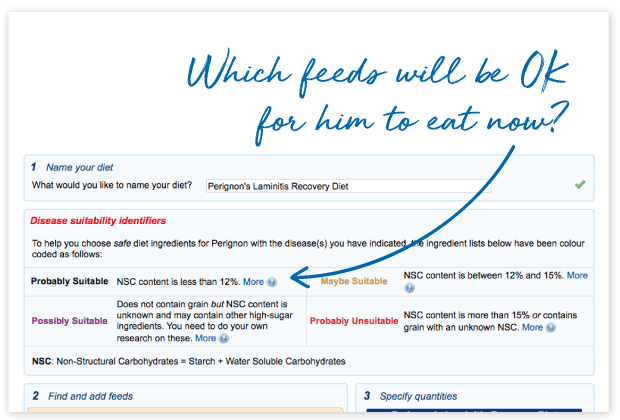
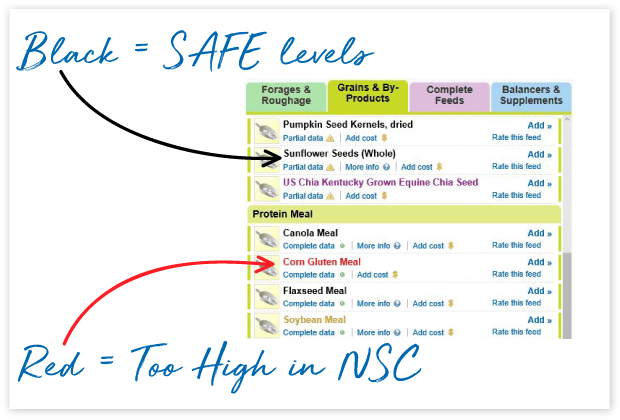
If you want to save yourself some time finding suitable feeds for horses with conditions that require either grain-free or low starch and sugar feeds give FeedXL a go! Check out our plans and pricing here and get started for free today!
Join FeedXL today and take control of your horse’s nutrition
Get EVEN MORE practical and personalised feeding guidance when you sign up to FEEDXL.
Do you have a question or comment? Do you need help with feeding?
We would love to welcome you to our FeedXL Horse Nutrition Facebook Group. Ask questions and have them answered by PhD and Masters qualified equine nutritionists and spend time with like-minded horse owners. It’s free!
Click here to join the FeedXL Horse Nutrition Facebook Group
